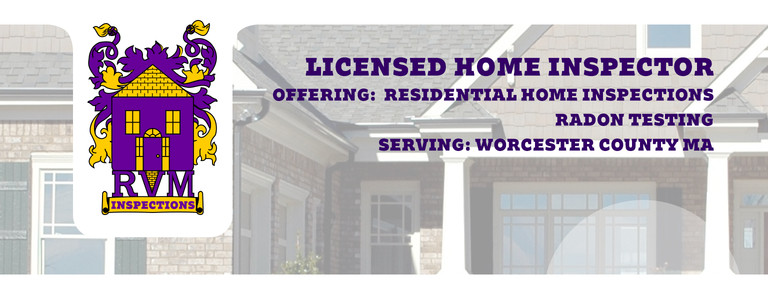 According to the Centers for Disease Control and Prevention (CDC), mold can cause many adverse effects on your health. If you have uncontrolled mold growth in your home, you may experience coughing, wheezing, skin rashes, a sore throat, or burning eyes. People with compromised immune systems or chronic lung diseases are especially susceptible to health problems caused by mold exposure.
According to the Centers for Disease Control and Prevention (CDC), mold can cause many adverse effects on your health. If you have uncontrolled mold growth in your home, you may experience coughing, wheezing, skin rashes, a sore throat, or burning eyes. People with compromised immune systems or chronic lung diseases are especially susceptible to health problems caused by mold exposure.
Mold grows in moist and damp environments such as roofs, windows, pipes, or areas of your home where you have water leaks. Mold can grow in all sorts of places in the home including wood surfaces, cardboard, wallpaper, drywall, or carpeted surfaces.
The first indication you may have of a mold problem is a visible spot of mold on a home surface like around bathroom tiles or ceiling drywall. You may even notice a musty or moldy smell.
There are ways to protect your home against mold damage such as correcting problems with the insulation, sealing water leaks, controlling humidity levels in the home, and keeping carpeted areas of the home clean and dry. You should also ventilate areas that stay damp like bathrooms, laundry areas, and kitchens.
If you are afraid of your carpet having mold issues, you may want to consider replacing the carpets. Keep in mind, in areas such as kitchens and bathrooms that get more moisture, it’s best to opt for flooring that holds up better to humidity.
If you do discover mold, you’ll want to remove those moldy items like moldy carpet, moldy drywall, or ceiling tiles right away. Clean and dry the mold-damaged areas thoroughly to prevent health problems and allergic reactions to mold.
If your home suffers flood damage, you’ll need to clean out your home and dry it thoroughly, within 24 to 48 hours after the flooding occurs to prevent mold damage. Use a wet-dry vacuum to remove water and dirt, and then soapy water to clean your home’s surfaces. A fan, air conditioner, or dehumidifier can be used to dry out flooded areas. You can use bleach to remove mold growth, but be careful to use no more than one cup of bleach to one gallon of water. Also, never mix bleach with other household cleaners such as vinegar, alcohol, or ammonia.
If you suspect you may have a mold problem, the best way to protect your health is by having a professional home inspection completed. If a home inspection reveals you have a mold problem, you may need to hire a professional mold remediation service to rid your home of mold. You’ll likely need to stay out of your home while the remediation is completed.
Protect your family against the health risks of mold, and contact us to schedule your home inspection today at (774) 200-0519! Your family’s health is too important to take chances on.








